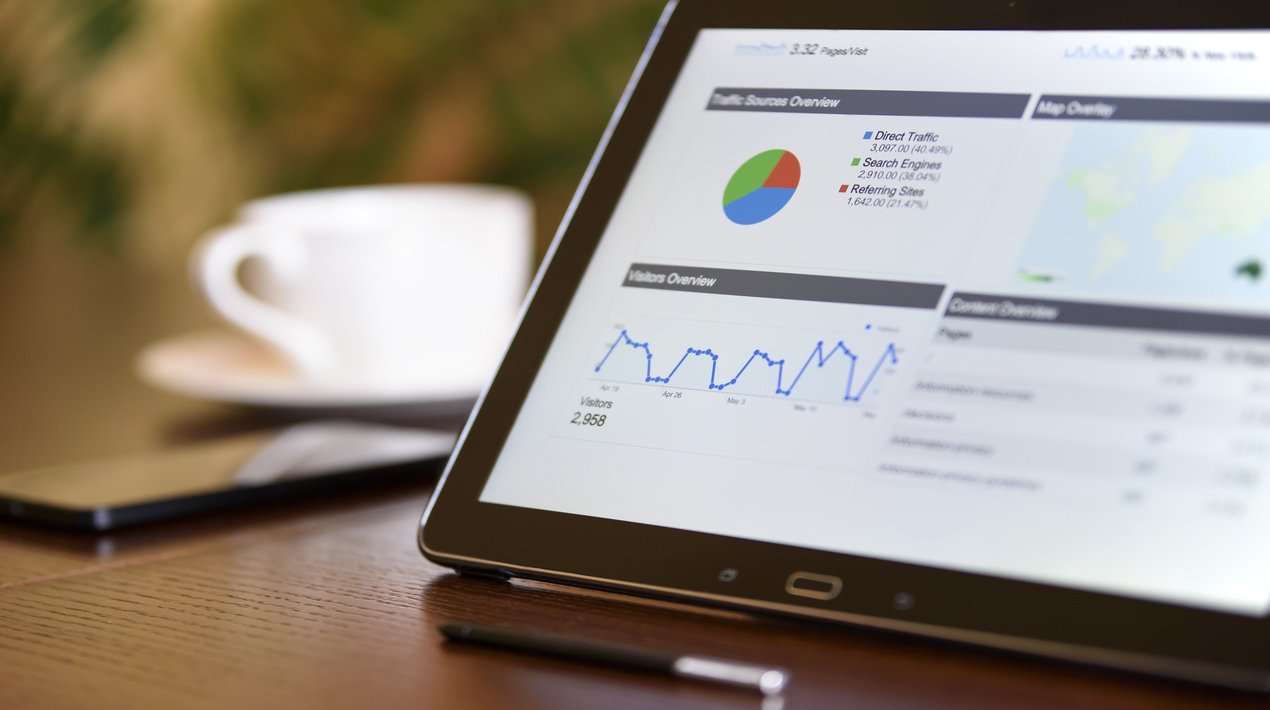
Everything is changing in the digital age: the nature of markets and products, how to produce, how to deliver and pay, the scale of capital required to operate globally, and human capital requirements. It also increases productivity by exposing companies to new ideas, technologies, management, and business models, as well as opening new channels of market access. And all of this at a reasonable price. It is not an exaggeration to predict that businesses will increasingly rely on artificial intelligence for routine tasks as well as more complex tasks.
Notwithstanding, for digital technologies to have an impact on economic development, appropriate policies must be in place to remove the barriers that prevent emerging economies from fully participating in the digital economy and maximising the benefits while minimising the risks.
Participants in the webinar titled “Accelerate Digital Economy for Inclusive Integration in the Asia Pacific – Connecting Digital Industries in Pandemic” called for leveraging digital opportunities to build an inclusive ecosystem and promoting regional integration, which is particularly important while still combating the pandemic.
A digital economy is increasingly seen as a means of overcoming the disruptions caused by COVID-19. Representatives and thought leaders from Asia Pacific’s governmental, industrial, and academic sectors took part in a virtual conversation hosted by Asia’s multinational technology company to discuss the many facets of the digital economy, including market, technology, inclusiveness, and sustainability.
The digital economy, which is based on digital knowledge and infrastructure, has powered a growing proportion of regional GDP and increased resilience in the face of the pandemic. ASEAN anticipates that the digital economy will contribute one trillion US dollars to regional GDP by the end of the year.
To facilitate the implementation of the digital economy, countries in the region have released future-oriented roadmaps on removing trade barriers, improving digital coverage, and ensuring ubiquitous access to digital services.
However according to the Vice President, as part of the ecosystem, the multinational technology company is committed to enabling ASEAN’s Digital Masterplan 2025 in three key areas: ICT connectivity, talent empowerment, and ecosystem incubation. The region’s digital economy is addressing inclusive access to digital services, a landscape that facilitates start-up scale-up, and a circular, sustainable economy.
Manila University agreed with the openly accessible approach to upskilling the public with digital knowledge. “The education system must put in context the foundational elements of digitalisation. Whether it’s in the basic education level or in the Middle Ages or those who are working already, trying to learn and upgrade themselves. We have to invest in them and give our rural areas an opportunity to catch up by at least providing them with the basic skills to get through the technology highway,” he said.
Conveying the business perspective, the COO & Managing Director of Corporate Foresight, and consulting company in the Philippines said “Micro, small, medium enterprises need to have an understanding on digitalisation to perceive the opportunities when it comes to exploring the digital side of the business. Challenges are faced by these enterprises but also the large organisations. It’s related to the coverage and speed of digital infrastructure. This is where telecom players and our local players can play an important role.”
New technologies such as 5G, the Internet of Things, and the Cloud hold great promise for improving de-carbonisation and the circular economy in a sustainable digital economic ecosystem. The multinational technology company has increased its investment in sustainable green solutions in the Philippines, leveraging clean power generation, electric transportation, and smart energy storage.
Addressing digital divides is critical if countries are to reap and distribute the benefits of digital transformation. However, asymmetric distribution of first and second-order benefits within and between countries can increase income inequality, posing additional challenges to the implementation of the aforementioned policies and the promotion of income convergence.
Ultimately, as several economic development experiences indicate, this strategy is likely to be more successful if the government, business and workers pool their resources and collaborate on policy design and implementation.
















